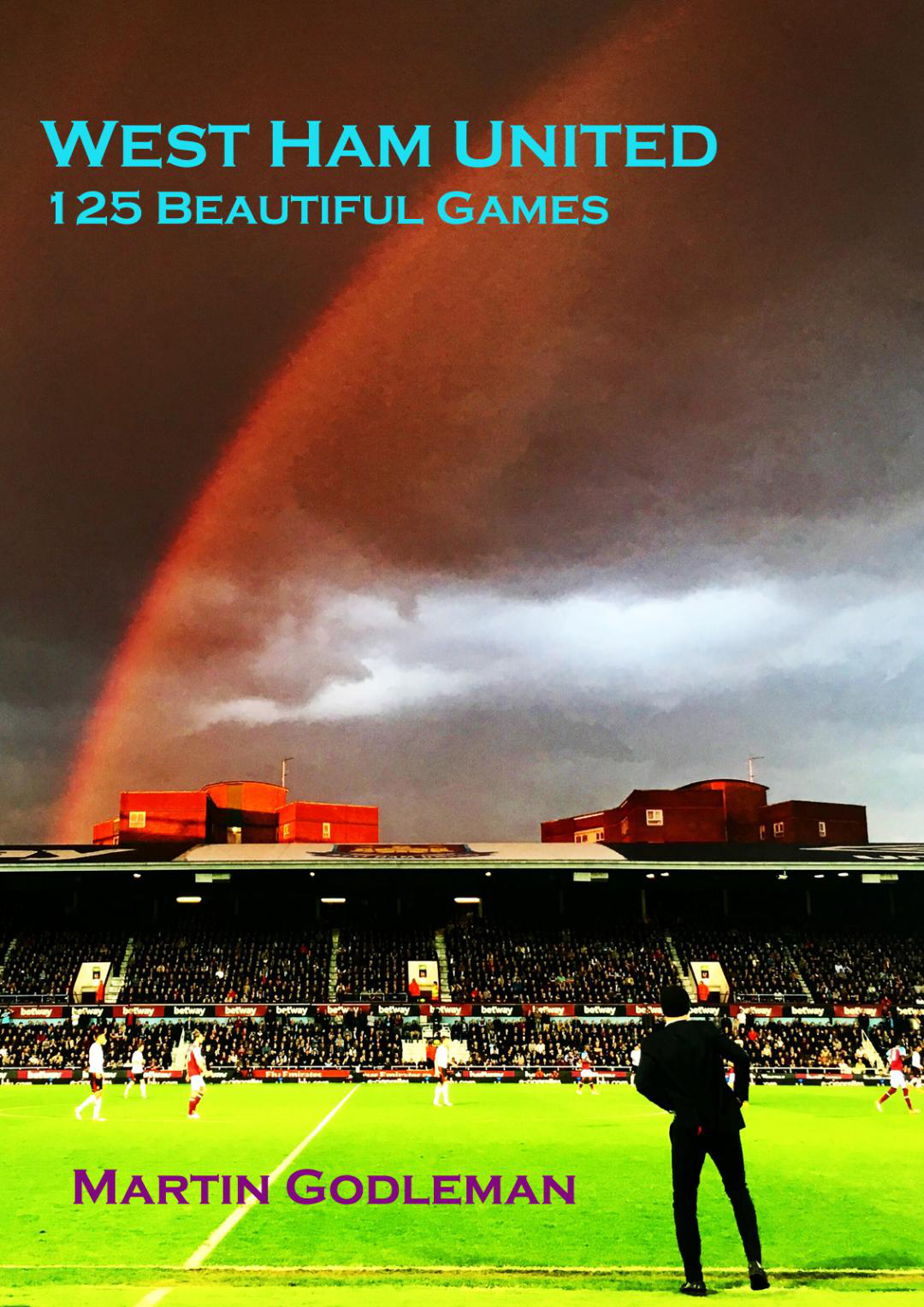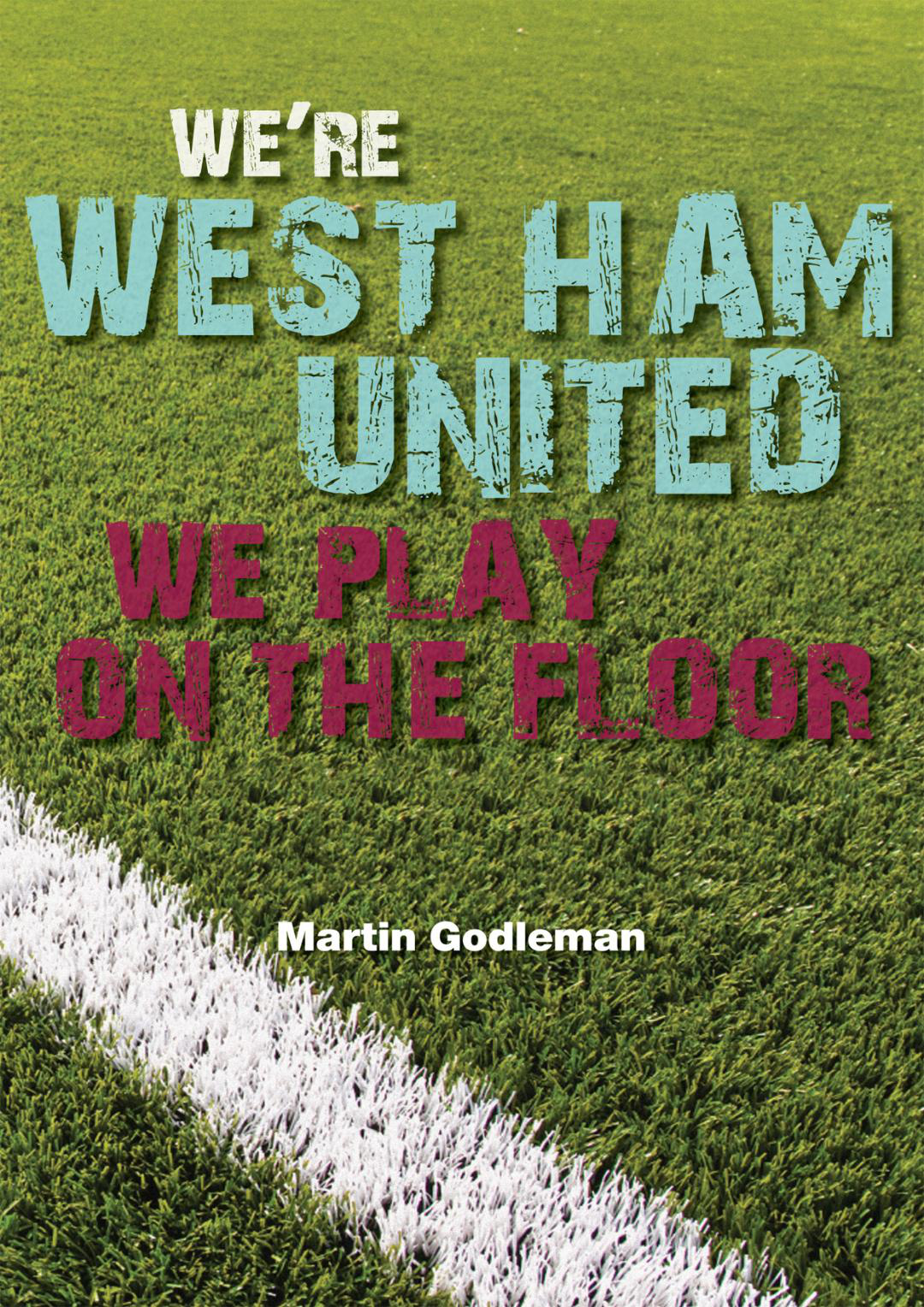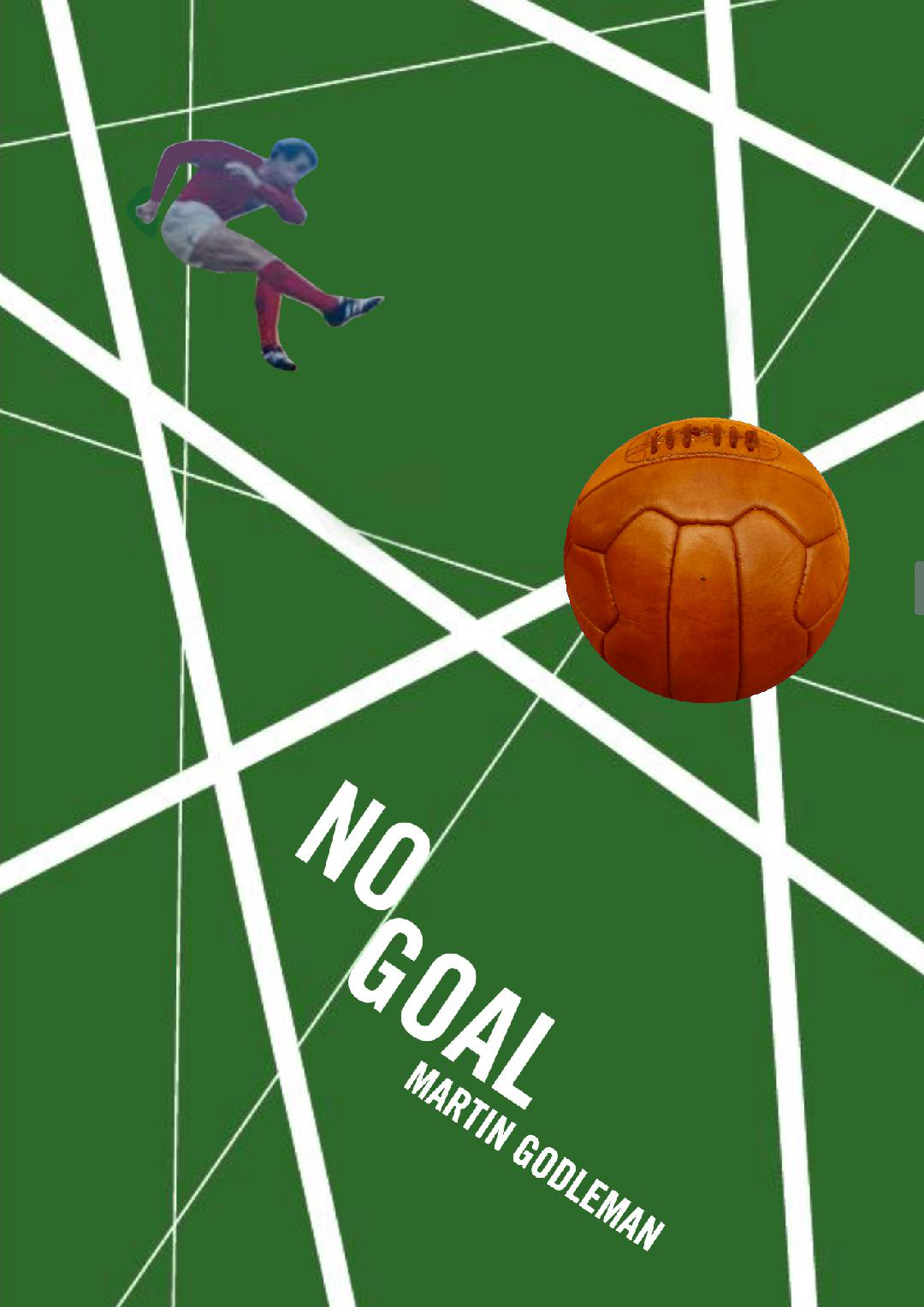
HAMMERS IN THE MOROCCAN MOUNTAINS
The 8th September earthquake in Morocco’s Atlas Mountains, southwest of Marrakech, killed thousands of people and injured many more, making thousands homeless in towns and remote mountain villages. It was the worst natural disaster in the country for over fifty years. John Ratomski, who runs Irons Supporting Foodbanks, organised the club’s involvement and response, funded by Hammers fans’ contributions and a generous donation from West Ham’s Moroccan international Nayef Aguerd. I joined John in a visit to witness what he and the British Moroccan Society, with support from Global Medic, the people of Dar Tassa, the local youth association and John’s contact in Marrakech, Ella Williams, have managed to organise there.
On our first full day we travelled to Amassin and Takoucht with a hundred bags of supplies, the contents all carefully co-ordinated by nutritionists, after consultation with local people, to maximise usage and eliminate wastage. We were able to access the village of Amassin in the 4×4 vehicles driven by local volunteers, where the first 68 bags were delivered and we were fed a delicious lunch of local freshly cooked bread, olive oil and mint tea. The second visit to the smaller village, Takoucht, inaccessible by road after damage from the earthquake, required a group of locals to travel up to meet us at a halfway point with eight donkeys, each carrying four bags back to their village, ten miles away. It was an incredible effort, particularly by the donkeys!
There is no shortage of football interest in the country, in particular since the Moroccan national side finished third in the World Cup in Qatar in 2022. We had the chance to witness this enthusiasm on the Wednesday evening with hundreds of fans, watching the national side’s first game in the African Cup of Nations against Tanzania on big screens at a local café. The atmosphere was electric, as was the football from the national side, who ran out 3-0 winners, their defence expertly marshalled by Aguerd, wearing the number 5 shirt.
The following day, armed with a large bag of goodies John had brought from the UK and a stack of West Ham shirts generously donated by the club, we journeyed out to Tassaouirgane, a small community out in the mountains, 50 miles out from Marrakech. The early part of the afternoon was spent working with primary school aged children, organising drawing and colouring competitions, and handing out prizes at the end. In the late afternoon a five a side football competition was organised, the sides who won the toss getting to wear the West Ham shirts, though the second prize of John’s Irons Supporting Foodbanks home and away kits were no less gleefully received. After a tight 4-4 game, the final was decided on penalties, the winners narrowly shading the shoot out 1-0. It was particularly rewarding to witness the delight and enthusiasm of all the children from the villages and to have played a small part in the effort from all the people whose generosity and time had made the whole thing possible.
Come on you Irons! (Supporting Foodbanks)!














